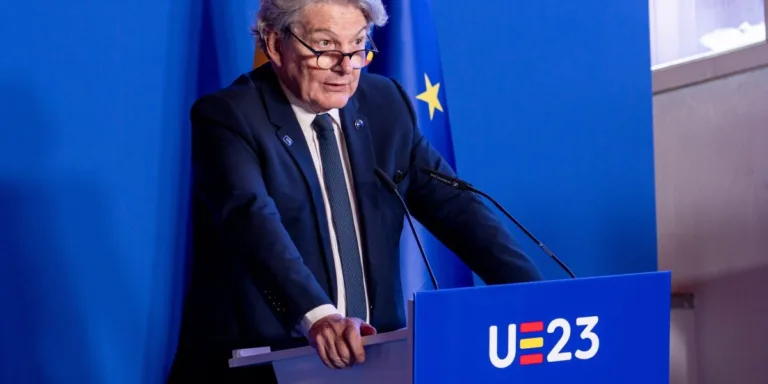BMW Recalls SUVs Due to Takata Air Bag Defects
BMW is issuing a recall for a small number of SUVs in the United States due to potential defects in the driver’s air bag inflators. The recall covers 486 X3, X4, and X5 SUVs from the 2014 model year, all of which are equipped with air bags manufactured by Japanese company Takata Corp.
This recall raises concerns regarding the safety of approximately 30 million Takata inflators that are currently under investigation by the National Highway Traffic Safety Administration (NHTSA). While most of these inflators have not been subjected to a recall, the use of volatile ammonium nitrate in manufacturing processes has become a cause for alarm. Over time, exposure to high temperatures and humidity can cause the chemical to deteriorate, resulting in excessive force during deployment and the ejection of shrapnel.
Since May 2009, there have been at least 26 deaths in the United States and 30 deaths worldwide attributed to faulty Takata inflators, along with approximately 400 injuries. The potential for dangerous malfunctions prompted the largest series of auto recalls in U.S. history, involving around 67 million Takata inflators. However, many of these inflators remain unrepaired. Worldwide, more than 100 million inflators have been recalled, which eventually led to Takata’s bankruptcy.
This particular recall by BMW involves the use of a moisture-absorbing chemical called a desiccant in the inflators, which was not present in previous recalls. BMW became aware of an incident in November where a driver’s air bag ruptured, prompting an investigation despite not yet being able to inspect the faulty vehicle. Preliminary findings suggest a manufacturing problem that occurred between February 22 and March 7, 2014.
Investigation of Takata Inflators with Desiccants
NHTSA is currently investigating Takata air bags equipped with desiccants due to their potential for explosion and shrapnel ejection. The investigation, launched in 2021, spans over 30 million inflators across more than 200 models from 20 different car and truck manufacturers. These include Honda, Stellantis, General Motors, Ford, Nissan, Tesla, BMW, Toyota, Jaguar Land Rover, Daimler Vans, Mitsubishi, Subaru, Mercedes-Benz, Ferrari, McLaren, Porsche, Mazda, Karma, Fisker, and Spartan Fire vehicles.
NHTSA initially decided against recalling inflators with desiccants in May 2020 but pledged to monitor them closely. The agency stated, ‘While no immediate safety risk has been identified, further investigation is necessary to evaluate the future risks associated with non-recalled desiccated inflators.’
A spokesperson for NHTSA confirmed that the current status of the investigation would be checked. BMW has not yet commented on the recall.
Recall Details and Previous Takata Recalls
BMW will replace the faulty air bags free of charge for affected owners. Notifications will be sent out via letter starting from January 16.
This BMW recall follows General Motors’ recall of nearly 900 vehicles in July involving Takata inflators with desiccants. General Motors also attributed the problem to a manufacturing defect at Takata.
In response to the General Motors recall, NHTSA stated that it did not have any data suggesting that other desiccated Takata inflators were at risk of rupturing.







